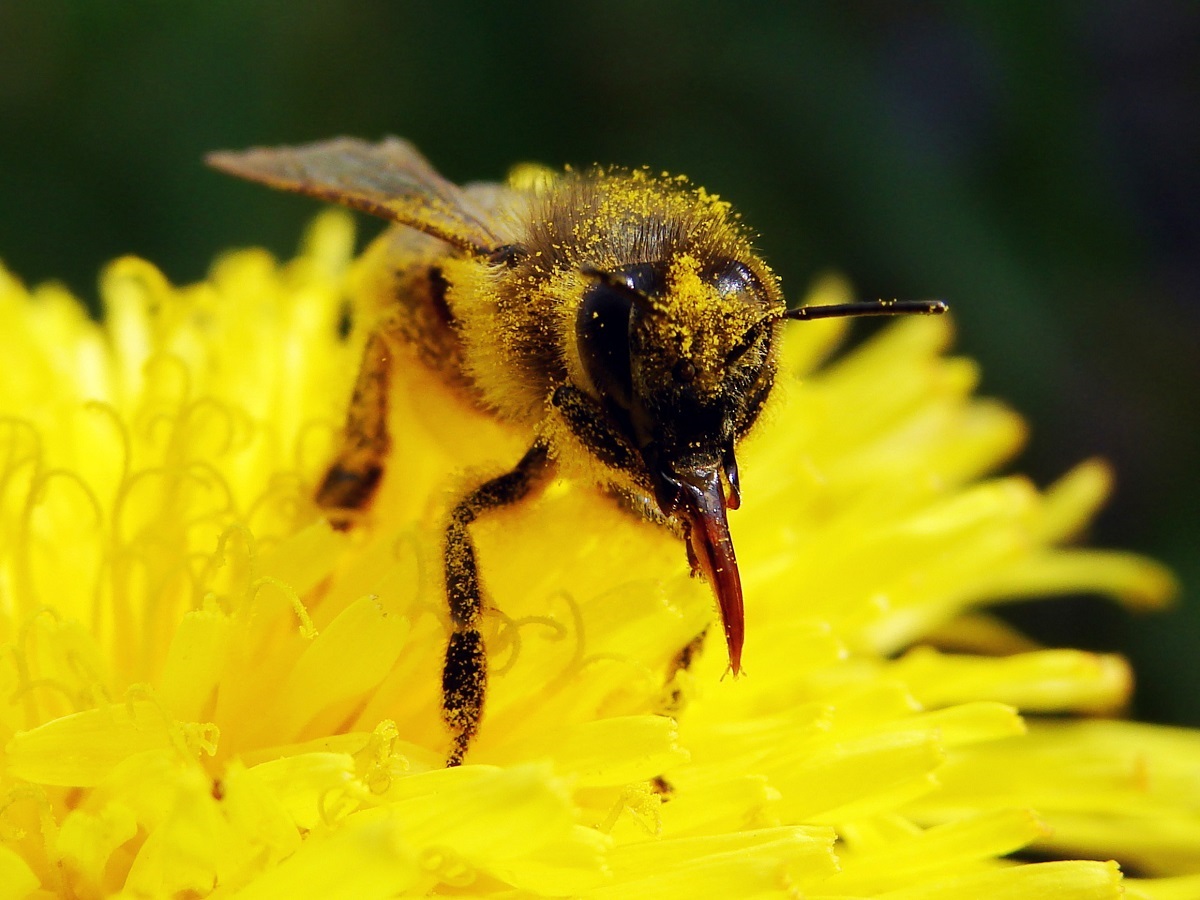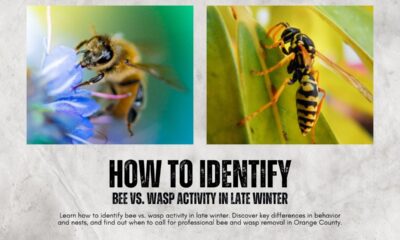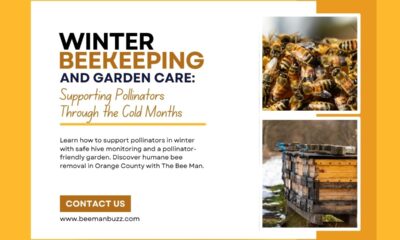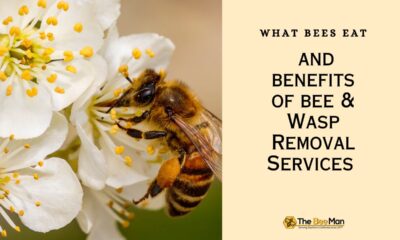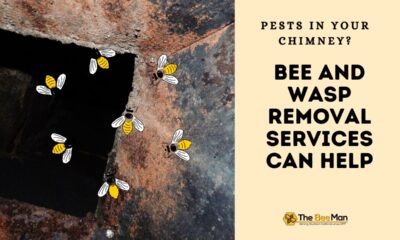Home Improvement
11 Myths About Bees
Don’t let these myths keep you away from your favorite hobby- beekeeping.
Beekeeping can be a profitable agricultural business. Over the past few years, interest in beekeeping has increased dramatically in most parts of the United States.
Many factors are contributing to bee growth, such as the desire to produce backyard honey, provide pollinators, and earn additional income.
Potential beekeepers are rooted in myths from generation to generation. Unfortunately, these myths have prevented many people from participating in beekeeping.
Bees are one of the most benefiting insects that are found naturally, but the following myths make them one of the most feared and misunderstood insects. Don’t let myths stop you from beekeeping.
Myth 1: All bees sting
Not all bees sting. For example, drones do not sting. Only female bees sting, because stingers or stings are modified egg-laying devices.
However, despite the poisonous stings, many female bee species cannot attack. Bees can sting to defend themselves and their nests, they don’t sting unless they are triggered or threatened.
If you have stinging bee issues, you can consult with bee removal experts in Orange County for assistance.
Myth 2: Honey bees will repeatedly sting the victim
Bee workers can repeatedly sting other insects. However, stinging barbs can be caught by the skin of stung animals, especially mammals with thicker skin, such as humans. Removing the stinger can be fatal for the bee, even resulting in their death.
Myth 3: Wasps are bees
Although wasps belong to the same class of insects, they are not bees. Bees are vegetarians, and they collect pollen and nectar for their young bees. Wasps are carnivores species. Some of these species can be very aggressive, especially if you disturb their nests. Bees are usually not aggressive. An exception is an African bee, which is rare in the United States.
Myth 4: You can avoid stinging bees by spraying a bee nest with water
Don’t try this. Water does not affect the hive. You may irritate the bees inside and increase your chances of being stung.
Don’t try to deal with stinging bee yourself, ask the services of professional bee removal in Orange County for help.
Myth 5: All bees produce honey
Less than 5% of bees make honey. Only bees and stingless bees produce enough honey and are worth harvesting. Bumblebee hives may have a small amount, about one or two teaspoons. Bumblebees are annual, not perennial. They don’t produce a lot of honey to survive the winter.
Myth 6: Bees are active workers
Bees, bumblebees, and stingless bees (females) work very hard. However, many males do no work in the nest. Females of solitary bee species can only work for a few weeks.
Myth 7: Adult bees live longer
Solitary bees live only a few weeks, long enough to mate, nest and breed offspring. Honey and hornet workers and males live for about six weeks. The workers spend half their time working in the hive, and the other half foraging on pollen and nectar. Queens live longer.
The Queen Bumblebee can live for one year, and the Queen Bee can live for four years.
Myth 8: Bees don’t sting at night
A long-standing myth about bees is that they do not sting at night, which is incorrect. Bees sting at any time for protection.
Myth 9: Most bees live in hives
Only social bees live in beehives. Ten percent of all bee species are social bees, and only a small percentage will keep colonies. Most bees are solitary and live in a single nest in the soil or trunk.
Myth 10: If you get rid of the lawn of dandelions and flowers, the bees will stay away
Although bees are pollinators, they build nests not far from their pollinated flowers and other plants. It doesn’t matter if the beekeeper finds it an excellent place to build a nest, or if there are flowers in the yard.
Myth 11: The bees will kill other bees when they nest
If you close the entrance of the hive, you may irritate them. They may get into unwanted places, such as inside a house. Bees can pass through wood and plasterboard. The best option is to contact your local bee professional.
These are the myths about bees, if you have any plans of growing pollinator bees in your backyard, consult a professional bee removal in Orange County to get more details about which bee species thrive.

